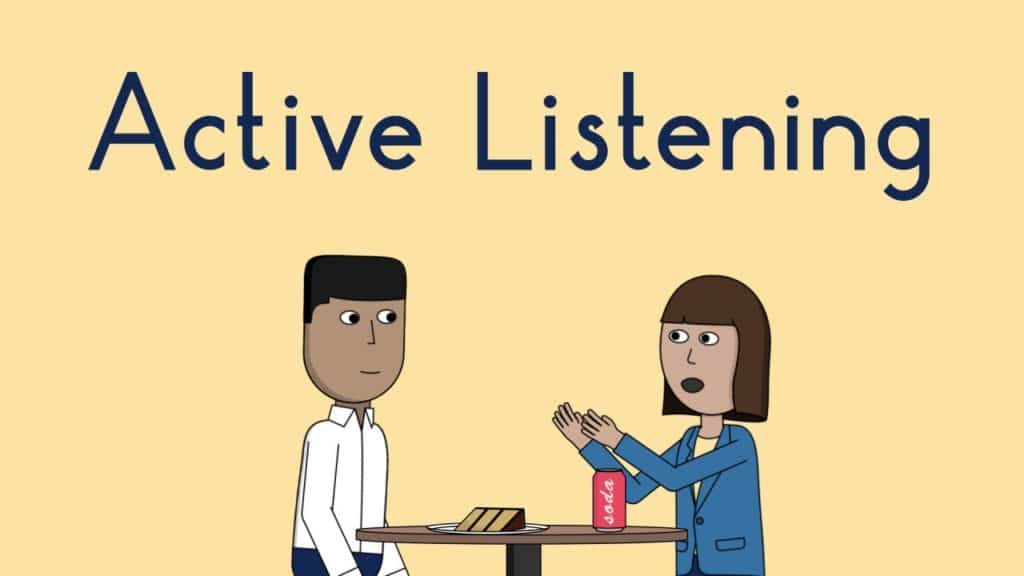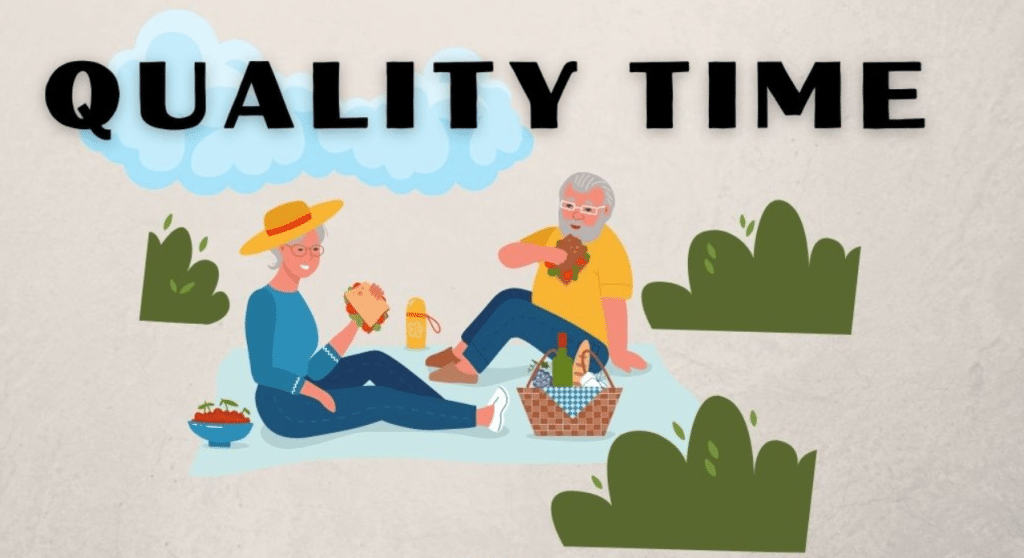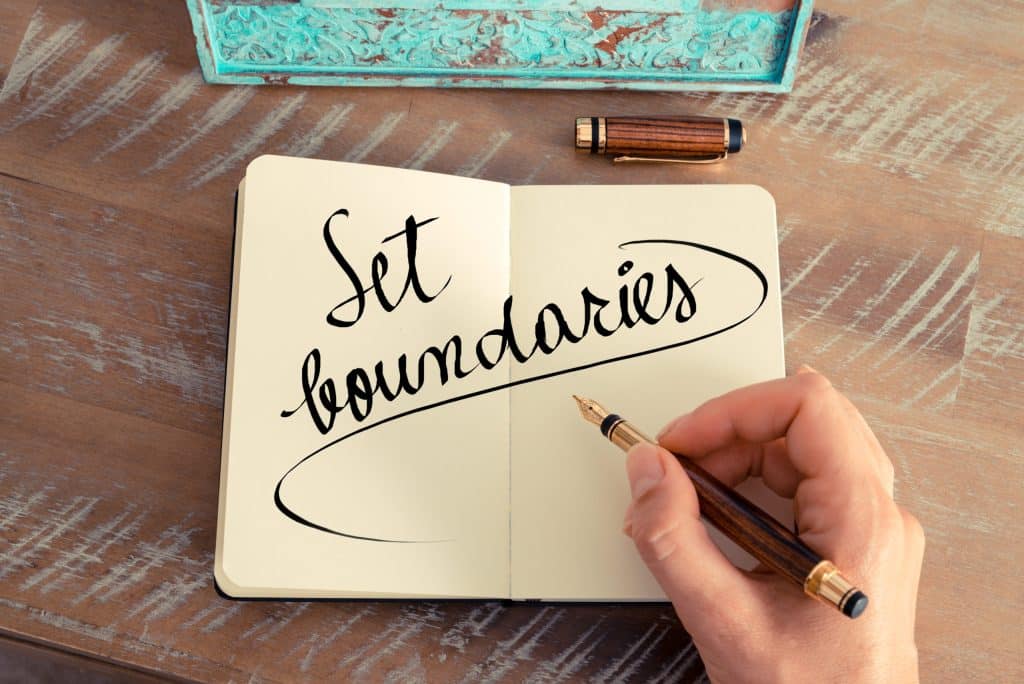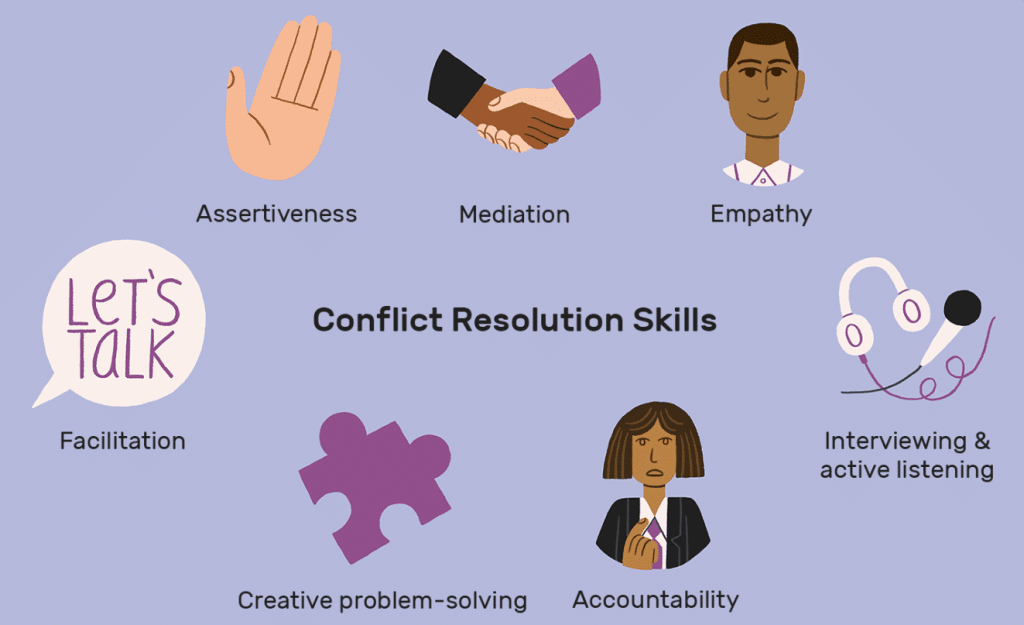Relationships serve as the backbone of both personal and professional lives, shaping experiences, emotional well-being, and even long-term success. Whether it’s a friendship, a romantic partnership, or a work relationship, the quality of these connections profoundly impacts overall happiness and mental health. This post is here to be your comprehensive guide to strengthening bonds and navigating conflicts when building relationships. From the foundational elements like trust and communication to the complexities of conflict resolution, you’ll find actionable advice and insights here. So, let’s embark on this journey to deepen your understanding of what it takes to build and maintain strong, fulfilling relationships.
Contents
- 1 The Foundation Of A Strong Relationship
- 2 The Art Of Active Listening
- 3 The Role of Empathy
- 4 Quality Time And Shared Experiences
- 5 The Importance Of Setting Boundaries
- 6 Conflict Resolution Strategies
- 7 The Power Of Apology And Forgiveness
- 8 Maintaining The Relationship Long-Term
- 9 Make An Effort To Build Strong Relationships!
- 10 Related
The Foundation Of A Strong Relationship

The bedrock of any strong relationship lies in three key elements: emotional intelligence, trust, and communication. Emotional intelligence allows you to understand not only your own emotions but also those of the people around you. This understanding fosters a nurturing environment where both parties feel heard and valued. Trust, on the other hand, serves as the cornerstone that holds the relationship together. Without trust, the foundation crumbles, leading to a cycle of doubt and insecurity.
Communication acts as the glue that binds these elements. Open and honest dialogue creates a safe space for sharing thoughts, feelings, and concerns without the fear of judgment. Effective communication goes beyond just talking; it involves listening actively and responding thoughtfully. When emotional intelligence, trust, and communication work in harmony, they lay a strong foundation for a lasting relationship.
The Art Of Active Listening

Active listening is not just about hearing the words but understanding the emotions and intentions behind them. It’s a skill that requires practice, patience, and a genuine interest in what the other person is saying. When you listen actively, you’re not just waiting for your turn to speak; you’re fully engaged in the conversation, asking follow-up questions and providing thoughtful responses.
The benefits of active listening in relationship-building are immense. It fosters a sense of respect and equality, making the other person feel valued and heard. This, in turn, strengthens the emotional bond between both parties. Moreover, active listening helps in resolving conflicts more effectively, as it allows for a deeper understanding of the issues at hand.
The Role of Empathy

Empathy is the ability to understand and share the feelings of another, and it plays a pivotal role in strengthening relationships. There are two types of empathy: cognitive and emotional. Cognitive empathy involves understanding someone else’s perspective, while emotional empathy relates to feeling what the other person feels. Both are crucial for building a strong emotional connection.
Empathy goes beyond mere understanding; it involves a shared emotional experience that fosters a deeper bond. When you show empathy, you’re telling the other person that their feelings matter to you. This creates a nurturing environment where both parties feel emotionally safe and valued. Empathy also plays a crucial role in conflict resolution, as understanding the other person’s perspective often leads to more effective problem-solving.

Spending quality time together is more than just being in the same space; it’s about being emotionally present and engaged. Whether it’s a simple dinner date, a weekend getaway, or even a quick coffee break, these shared experiences contribute to building a strong emotional bond. It’s not about the grandeur of the activity but the quality of the time spent together.
However, it’s essential to strike a balance between togetherness and individuality. While shared experiences strengthen bonds, maintaining individual space and freedom is equally important for a healthy relationship. Respecting each other’s individuality ensures that the relationship remains a partnership of equals, where both parties contribute to the relationship while maintaining their unique identities.
The Importance Of Setting Boundaries

Boundaries serve as the invisible lines that define how you want to be treated and what behavior you find acceptable or unacceptable. They are essential for maintaining mutual respect and personal integrity within a relationship. Setting boundaries is not about creating barriers or distancing yourself; rather, it’s about establishing a set of rules that guide interactions and behaviors. This ensures that both parties are on the same page, reducing misunderstandings and potential conflicts.
Maintaining these boundaries requires consistent communication and mutual respect. It’s not enough to set boundaries; they must be communicated clearly and upheld consistently. This might involve regular check-ins or even difficult conversations, but the end result is a healthier, more respectful relationship. When boundaries are respected, it creates a sense of security and trust, further strengthening the relationship’s foundation.
Conflict Resolution Strategies

Conflicts are inevitable in any relationship, but how you handle them can make or break the bond you share. The first step in resolving conflicts is identifying the root cause. This often involves a level of self-awareness and open communication to understand not just the surface-level issue but the underlying emotions and triggers. Once the root cause is identified, it becomes easier to find a solution that addresses the problem at its core.
Compromise plays a significant role in conflict resolution. It’s not about one party winning and the other losing; it’s about finding a middle ground that satisfies both. Effective techniques for conflict resolution include active listening, showing empathy, and seeking compromise. These strategies not only resolve the issue at hand but also contribute to emotional growth and a stronger bond between both parties.
The Power Of Apology And Forgiveness

Apologizing and forgiving are powerful actions that can mend and even strengthen relationships. A sincere apology involves acknowledging your mistake, taking responsibility, and making amends. It’s not just about saying “I’m sorry”; it’s about understanding the impact of your actions on the other person. This act of humility can go a long way in healing emotional wounds and rebuilding trust.
Forgiveness, on the other hand, is a gift you give to yourself as much as to the other person. Holding onto grudges and resentment only poisons the relationship and your own emotional well-being. True forgiveness involves letting go of the anger and the desire for revenge, allowing both parties to move forward. When apology and forgiveness are practiced genuinely, they can reset the emotional balance in a relationship, making it stronger and more resilient.
Maintaining The Relationship Long-Term

Relationships require ongoing effort and attention; they don’t thrive on autopilot. The concept of relationship “maintenance” involves regular check-ins, open conversations, and a willingness to adapt and grow together. This could mean revisiting boundaries, discussing future plans, or even seeking external help like counseling. These actions keep the relationship dynamic and responsive to the changing needs of both parties.
Adaptability is key to maintaining a relationship over the long term. Life brings changes, be it career moves, family dynamics, or personal growth. How you adapt to these changes determines the relationship’s longevity. Open communication and a willingness to compromise are essential in navigating these changes successfully. A relationship that can adapt and grow over time is one that is likely to stand the test of time.
Make An Effort To Build Strong Relationships!
Building and maintaining strong relationships is a journey that requires ongoing effort, emotional intelligence, and mutual respect. From laying a strong foundation to navigating conflicts and embracing forgiveness, each step is crucial for long-term success. Now that you’re armed with these insights and strategies, the next move is yours. Take the initiative to apply these principles in your daily interactions and watch your relationships transform into more fulfilling, resilient bonds!


